Introduction
Irish whiskey has a storied past that intertwines with the very fabric of Ireland’s history and culture. Once the most popular spirit in the world, Irish whiskey experienced a golden age, a dramatic decline, and a remarkable revival. Historical Irish whiskey brands and their legacy not only tell the tale of a nation’s craftsmanship but also reflect the resilience and innovation that have kept these traditions alive. In this journey through time, we’ll explore the origins of these iconic brands, their impact on the global stage, and how they’ve shaped the modern whiskey landscape cherished by enthusiasts today.
The Golden Age of Irish Whiskey
Early Beginnings of Irish Whiskey
The art of distillation arrived in Ireland around the 12th century, brought by monks who used it to create medicinal spirits known as “uisce beatha” or “water of life.” This ancient practice laid the foundation for what would become a thriving whiskey industry. By the 17th century, Irish whiskey had gained popularity not just locally but across Europe, thanks to its unique triple distillation process that set it apart from its Scottish counterparts.
Rise of Distilleries in the 18th and 19th Centuries
The 18th and 19th centuries marked a period of exponential growth for Irish whiskey. Distilleries sprouted across the country, with Dublin becoming a central hub. Brands like Jameson, Powers, and Roe & Co. dominated the market, and Irish whiskey accounted for a significant portion of global whiskey consumption. This era, often referred to as the golden age, showcased the innovation and quality that Irish distillers brought to the spirit world.
Iconic Historical Irish Whiskey Brands
Jameson Whiskey: A Legacy of Quality
Founded in 1780 by John Jameson, the Jameson Distillery quickly became synonymous with excellence. Jameson’s commitment to quality—from sourcing the finest barley to mastering the art of blending—cemented its place in history. Today, it’s one of the best-selling Irish whiskey brands worldwide, a testament to its enduring legacy.
Bushmills: The World’s Oldest Licensed Distillery
Established in 1608, Bushmills Distillery holds the title of the world’s oldest licensed whiskey distillery. Located in County Antrim, Northern Ireland, Bushmills has been crafting whiskey for over 400 years. Its rich history is reflected in its smooth, triple-distilled spirits, which have won numerous awards and continue to delight whiskey enthusiasts globally.
Powers Whiskey: The People’s Choice
Powers Whiskey, founded in 1791, was known for its robust flavor and affordability, making it a favorite among the working class. The brand pioneered the concept of selling whiskey in miniatures, making it more accessible. Powers’ commitment to innovation and quality helped it survive the industry’s turbulent times.
Tullamore D.E.W.: A Blend of Tradition
Tullamore D.E.W., established in 1829, is renowned for its triple-blended whiskey, combining grain, malt, and pot still spirits. This unique approach results in a smooth and complex flavor profile. Revived in recent years, Tullamore D.E.W. honors its heritage while embracing modern whiskey-making techniques.
Redbreast: The Pinnacle of Single Pot Still
Redbreast stands out as a prime example of traditional single pot still Irish whiskey. Originating in the early 20th century, it has been lauded for its depth and richness, derived from a mash of malted and unmalted barley distilled in copper pot stills. Redbreast continues to receive acclaim, often considered the definitive expression of this classic Irish style.
Midleton Very Rare: The Collector’s Item
Introduced in 1984, Midleton Very Rare represents the pinnacle of Irish whiskey craftsmanship. Produced in limited quantities, each bottle is individually numbered and signed by the Master Distiller. Its exclusivity and exceptional quality make it a prized possession for collectors and connoisseurs alike.
Kilbeggan Distillery: Resurgence of a Classic
Dating back to 1757, Kilbeggan Distillery is one of Ireland’s oldest. After closing in the 1950s, it was revived in 1988, symbolizing the renaissance of Irish whiskey. Kilbeggan’s commitment to traditional methods, including the use of historical pot stills, connects the past with the present.
The Lost Distilleries: Remembering the Forgotten Brands
The 20th century saw the closure of many Irish distilleries due to economic hardships, wars, and prohibition in the U.S. Brands like Locke’s, Allman’s, and Comber faded into obscurity. Their stories, however, remain a poignant reminder of the industry’s resilience and the cultural importance of preserving whiskey heritage.
The Decline and Revival of Irish Whiskey
Factors Leading to Decline in the 20th Century
The early 1900s brought challenges that nearly decimated the Irish whiskey industry. The Irish War of Independence disrupted production and trade, while prohibition in the United States cut off a crucial export market. Additionally, competition from Scottish distilleries, which embraced continuous distillation and blended whiskies, left Irish producers at a disadvantage.
The Revival in the Late 20th and 21st Centuries
The late 20th century witnessed a resurgence of interest in Irish whiskey. Consolidation of surviving distilleries and investment from international spirits companies injected new life into the industry. The global trend towards premium spirits and the craft movement further fueled growth. Today, Irish whiskey is one of the fastest-growing spirits categories worldwide.
The Legacy of Historical Brands Today
Influence on Modern Whiskey Production
Historical brands have significantly influenced modern whiskey production. Their traditional methods, such as triple distillation and the use of unmalted barley, continue to define Irish whiskey’s unique character. New distilleries often draw inspiration from these time-honored practices, ensuring that the legacy of the past informs the innovations of the future.
Cultural Impact and Global Recognition
Irish whiskey brands have left an indelible mark on global culture. From Jameson’s iconic presence in bars worldwide to Bushmills’ influence on music and arts, these brands transcend mere beverages. They represent Ireland’s spirit, history, and the conviviality that the country is known for.
The Future of Irish Whiskey
New Distilleries Inspired by Tradition
The recent boom has seen the establishment of numerous new distilleries across Ireland. Inspired by historical brands, these newcomers aim to blend tradition with innovation. They experiment with different mash bills, cask finishes, and production techniques, all while paying homage to the rich heritage of Irish whiskey.
Preservation of Heritage in Modern Times
Efforts to preserve and celebrate whiskey heritage are more robust than ever. Museums, tours of old distilleries, and archival projects ensure that the stories of historical brands and their contributions are not forgotten. This preservation enriches the whiskey experience for enthusiasts and secures the legacy for future generations.
Quick Takeaways
- Irish whiskey’s origins date back to the 12th century with monastic distillation practices.
- Historical brands like Jameson and Bushmills played pivotal roles in the golden age of Irish whiskey.
- Economic hardships and global events in the 20th century led to a significant industry decline.
- A modern revival has positioned Irish whiskey as one of the fastest-growing spirits globally.
- Legacy and tradition continue to influence new distilleries and whiskey production methods.
- Cultural impact of Irish whiskey extends beyond the drink, embodying Ireland’s history and spirit.
- Preservation efforts ensure that the heritage of historical brands remains alive and influential.
Conclusion
The journey of historical Irish whiskey brands and their legacy is a compelling narrative of triumphs, challenges, and rebirths. These brands are more than names on a bottle; they are storytellers of Ireland’s past, reflections of its resilient spirit, and architects of its cultural identity. For the Irish whiskey enthusiast, understanding this legacy enhances the appreciation of each sip, connecting the flavors of today with the rich tapestry of history. As we look to the future, the enduring legacy of these historical brands promises to inspire and shape the evolving landscape of Irish whiskey for generations to come.
Frequently Asked Questions
1. What makes Irish whiskey different from other whiskies?
Irish whiskey is typically triple-distilled and made from a mash of malted and unmalted barley, giving it a smoother taste compared to Scotch whisky, which is usually double-distilled and may have a smoky flavor due to peat. Traditional Irish whiskey production methods contribute to its unique character.
2. Why did the Irish whiskey industry decline in the 20th century?
Several factors led to the decline, including the Irish War of Independence, trade disputes with Britain, prohibition in the U.S., and competition from Scottish distilleries. These events severely restricted export markets and production capabilities, causing many distilleries to close.
3. How has the Irish whiskey industry revived in recent years?
The revival is due to renewed global interest in premium spirits, investment from international companies, and the craft whiskey movement. New distilleries inspired by tradition have emerged, and established brands have expanded their offerings.
4. What is single pot still Irish whiskey?
Single pot still whiskey is made at a single distillery from a mix of malted and unmalted barley distilled in traditional copper pot stills. This style is unique to Ireland and is known for its spicy and robust flavor profile.
5. Are there any tours available for historical Irish distilleries?
Yes, many historical distilleries like Jameson, Bushmills, and Kilbeggan offer tours that provide insights into their heritage and whiskey-making processes. These tours are popular among enthusiasts and tourists interested in the heritage of Irish whiskey.
We hope this journey through the history of Irish whiskey brands has deepened your appreciation for this remarkable spirit. What’s your favorite historical Irish whiskey, or is there a brand you’re excited to try after reading this article? Let us know in the comments below! If you enjoyed this read, please share it with fellow whiskey enthusiasts.
References
- Irish Whiskey Association – irishwhiskeyassociation.ie
- Jameson Whiskey Official Site – jamesonwhiskey.com
- Bushmills Distillery – bushmills.com
- Tullamore D.E.W. – tullamoredew.com
- Redbreast Whiskey – redbreastwhiskey.com
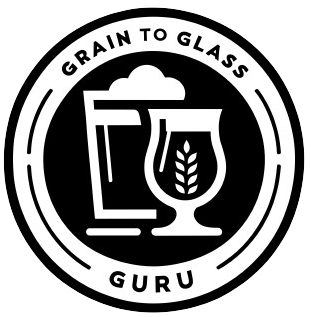
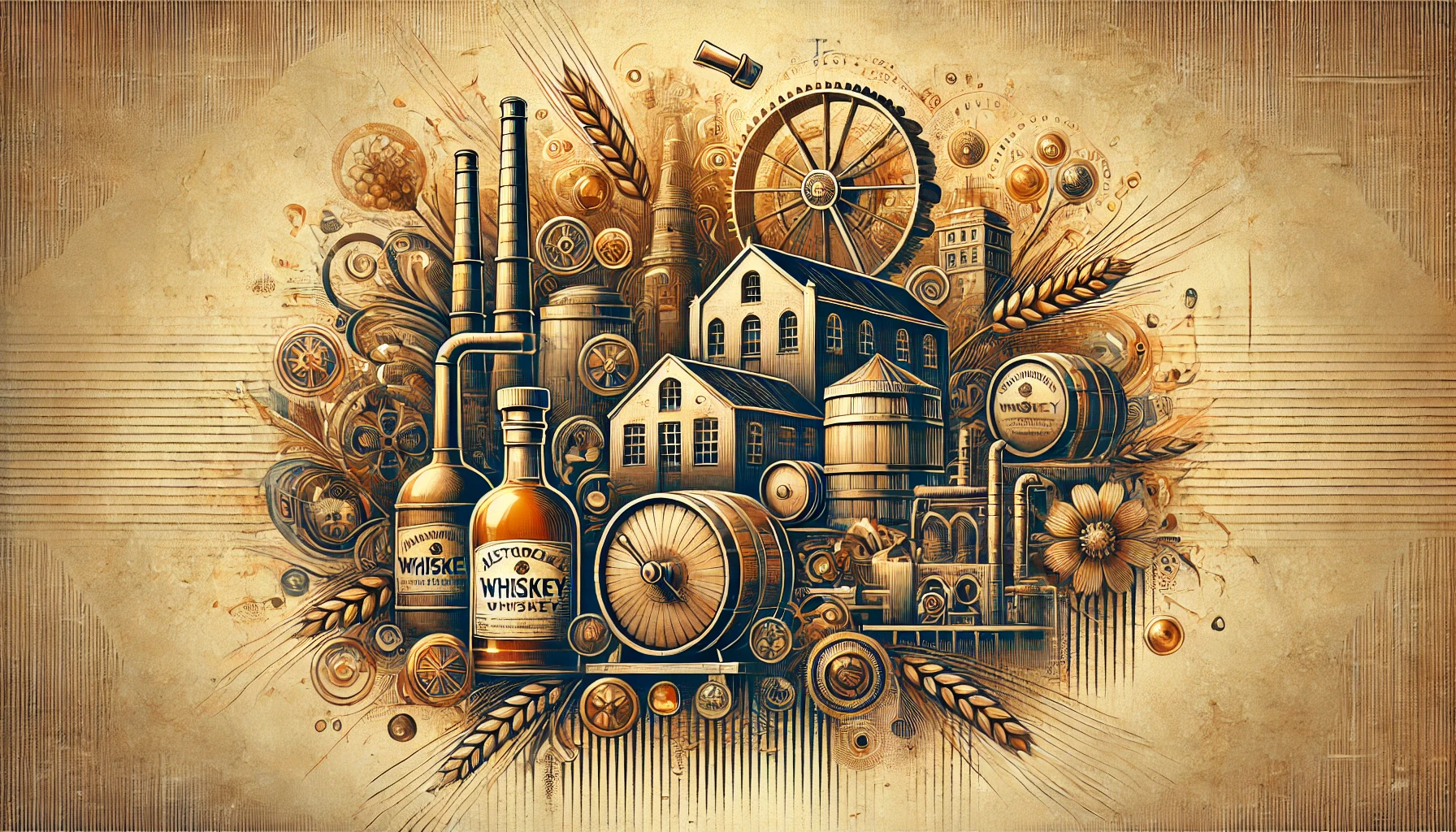
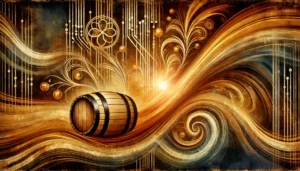
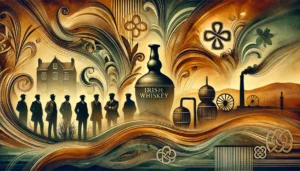

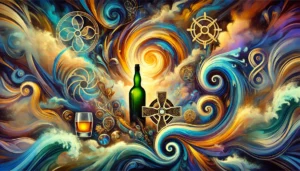


Be First to Comment